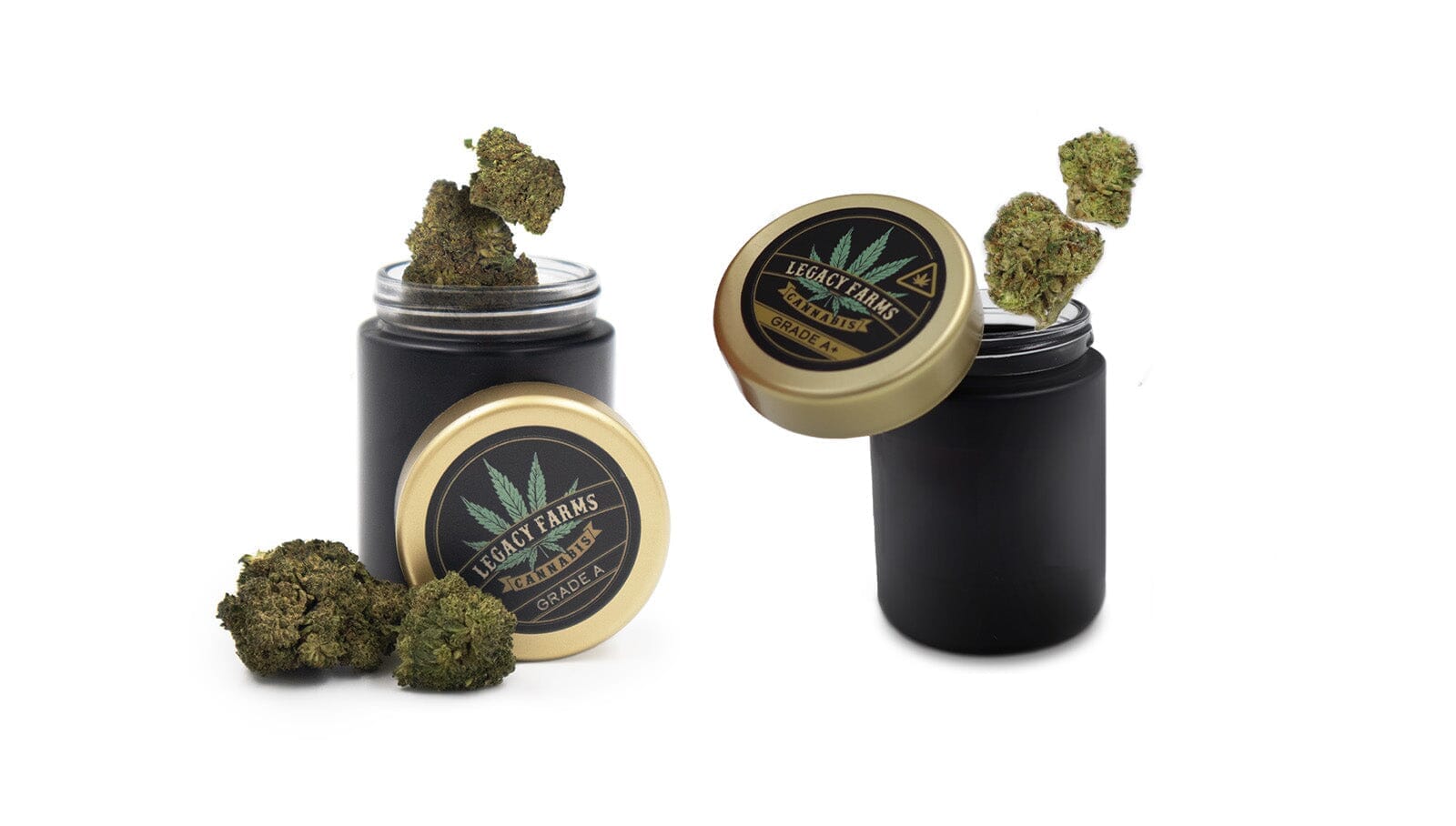Delta 8 VS THCa: A Comparison of THCs in Flower

Delta 8:
Delta 8 THC is a minor cannabinoid, occurring in the plant in very small concentrations. Delta 8 THC is also known to be a degraded form of THC, and is not directly produced by cannabinoid-synthesizing enzymes within the plant. When THC is stored for a period of time, it degrades into delta 8 THC.
Possible Benefits of Delta 8:
- Pain relief: Delta-8 THC has been shown to have pain-relieving properties, which can be helpful for those suffering from chronic pain conditions.
- Reduced anxiety: Delta-8 THC may help to reduce anxiety and promote relaxation.
- Improved appetite: Delta-8 THC may stimulate appetite, which can be beneficial for individuals who struggle with appetite suppression due to medical conditions or treatments.
- Improved mood: Delta-8 THC may have mood-enhancing properties, and some users have reported feeling happier and more relaxed after consuming delta 8 flower.
- Mild psychoactive effects: Delta-8 THC is reported to produce a mild euphoric effect, like that of Delta-9 THC but with less intense effects.
- Antiemetic: Delta-8 THC has been found to have antiemetic properties, which means it may be helpful in reducing nausea and vomiting.
THCa:
THCa (tetrahydrocannabinolic acid) is a cannabinoid that is found in raw or freshly harvested cannabis plants. THCa is non-psychoactive, meaning it does not produce the same psychoactive effects as THC. However, when THCa (tetrahydrocannabinolic acid) is heated through combustion, it undergoes a process known as decarboxylation, which removes a carboxylic acid group from the molecule and converts it into THC (tetrahydrocannabinol). Therefore, after combustion, THCa is converted into THC, which can then bind to the cannabinoid receptors in the brain and produce a high-level euphoria as well as strong psychoactive effects. However, it's important to note that the effects of THC can vary depending on the dose, the individual's tolerance, and the method of consumption.
Possible Benefits of THCa:
- Anti-inflammatory: THCa has been shown to have anti-inflammatory properties, which can be helpful for individuals with conditions like arthritis or other inflammatory diseases.
- Neuroprotective: THCa may have neuroprotective properties, which means it may be helpful in preventing or treating neurodegenerative conditions like Alzheimer's or Parkinson's disease.
- Nausea relief: THCa has been found to have anti-nausea properties, which can be helpful for individuals undergoing chemotherapy or suffering from other conditions that cause nausea.
- Antioxidant: THCa is a powerful antioxidant, which means it can help to protect the body from damage caused by free radicals.
- Potential cancer-fighting properties: While more research is needed, some studies have suggested that THCa may have anti-cancer properties and may be useful in preventing or treating certain types of cancer.
It is important to note that the effects of Delta 8 and THCa can vary depending on the dose, individual tolerance, and method of consumption. As with any cannabis product, it is important to use in moderation and with caution, and to consult with a healthcare provider before using for medicinal purposes.




Would you say this is an effective product to use for migraine headaches ?
Leave a comment